Since the privatisation of the power sector in 2013, electricity consumers have endured a series of upward adjustments of tariffs.
However, the question asked by many is what has been the impact of the series of tariff hikes on the quality of electricity supply and the power sector in general as the authorities continue to cite liquidity problem as one of the challenges bedeviling the sector.
The Nigerian Electricity Regulatory Commission (NERC) had in 2008 introduced the Multi-Year Tariff Order (MYTO), a pricing framework that provides a 15-year tariff path for the electricity industry with Minor and Major Reviews, bi-annually and every five years respectively, for the determination of appropriate pricing of electricity services in the country.
With the adoption of MYTO, tariffs have undergone reviews in 2012, 2014, 2015, 2016, 2021, 2022, and the latest one in April 2024 across all the Electricity Distribution Companies (DisCos) and customer classifications.
The Commission said these reviews were to reflect the current operating costs for the generation, transmission, and distribution companies.
According to the MYTO, variables that are considered during the review are: inflation rate, foreign exchange rates, cost of gas, and actual available generation capacity.
Earlier, there were customer classifications such as Residential (R1, R2, R3, and R4), Commercial (C1, C2, and C3), Industrial (D1, D2, and D3), Special (A1, A2, and A3 customers who are government institutions, churches, educational establishments, etc.), and Street Lighting.
Prime Business Africa’s analysis of NERC MYTO Orders on electricity tariff review over the years shows that for residential consumers using single-phase or three-phase meters, under category R2 (which has a large proportion of consumers), their charges in per kilowatt hour (kwh) increased from N11.37/kwh in 2012 to N13.16/kwh in 2016 – 2017 under Benin DisCo.
In Ibadan DisCo, the energy charge rose from N12.30/kwh in 2012 to N14.95/kwh in 2017. For Ikeja DisCo, it increased from N12.45/kwh in 2012 to N14.02/kwh in 2016-2017.
Fixed charge for Abuja DisCo as approved by the NERC for Residential Customers under Category R4 rose from N136,030 in 2015 to N235,059 in 2018.
Following public hearings held in February/March 2020 on an extraordinary tariff application filed by the DisCos, NERC directed them to adopt a revised rate design that aligns tariffs with the service level experience of customers in different clusters/locations.
This consequently led to the approval of five tariff service bands representing the relative quality of service experience as measured by the minimum average hours of supply per day over a period of one month, service voltage levels, and a number of other parameters.
Today, we have bands A to E. Band A (20 hours), B (16 hours), C (12 hours), D (8 hours), and E (4 hours).
Average Electricity Tariff Rose By 156% In 7 Years (2015 – 2022)
According to NERC’s MYTO Order 2015, the average tariff across DisCos and classes of end-users was N25kwh. It was further reviewed in 2020, with the average tariff further increasing to N60/kwh across DisCos and different customer classes. In the MYTO 2022, the average tariff was N64/kwh across all classes.
This shows that the average electricity tariff across all DisCos and customer bands rose by 156 per cent in 7 years (between 2015 and 2022).
The foreign exchange rate used in determining the 2015 tariff was N198.97/$, 383.80/$ in 2020, and 441.78/$ was used in 2022. The inflation rate used in 2015 MYTO was 8.3 per cent, 12 per cent in 2020 and 16.97 per cent in 2022.
April 2024 tariff Hike
Earlier scheduled to be reviewed in July 2023 following the surge in inflation rate, foreign exchange rates and hike in gas prices, President Tinubu however, ordered that the increase in electricity tariff be deferred as the people were still grappling with the effect of the petrol subsidy removal.
However, following concerns raised about the unprecedented surge in the inflation rate, foreign exchange rates, and increase in gas prices, the NERC recently released the April 2024 Supplementary Order to MYTO Order 2024 with effect from 3 April 2024.
The Order directed DisCos to hike the electricity tariff for Band A customers from an average of N68/kwh to N225kwh, a significant 230 per cent increase.
The Commission, however, insisted that customers in other bands should continue with the old tariff. This sees Band B having N63 /kwh, C (N50/kwh), D (N43/kwh), and E (N40/kwh).
The Commission based the decision on a consideration of key parameters: exchange rate of N1,463.31/$1 (for April – December 2024); inflation rate of 31.70 per cent for February 2024; US inflation rate of 3.20 per cent for February 2024; benchmark gas price of US$2.42/MMBTU from US$2.18 by the Nigerian Midstream and Downstream Petroleum Regulatory Authority (NMDPRA).
The electricity regulator also based the tariff review on the available generation capacity. Considering the periodic reports from the system operator, the review maintains the January 2024 projection of an average offtake of 603 megawatts per hour (MWh/h) by Ikeja Electric (IE) in 2024, Abuja Electricity Distribution Company (AEDC) used 611MWh/h, Kano Electricity Distribution Company (KEDCO) used 268MWh/h, Port Harcourt Electricity Distribution Company (PHED) used 283MWh/h.
Yola Electricity Distribution Company (YEDC) used 113MWh/h, Kaduna Electricity Distribution Company (KAEDC) used 253MWh/h, Jos Distribution Company (JED) used 225MWh/h, and Ibadan Electricity Distribution Company (IBEDC) used 478MWh/h.
Also, Eko Electricity Distribution used 513MWh/h, Enugu Electricity Distribution Company (EEDC) used 268MWh/h, and Benin Electricity Distribution Company (BEDC) used 325MWh/h.
In the face of reactions from Nigerians who expressed concerns about the review, NERC Vice Chairman, Dr Musiliu Oseni, said the tariff hike will only affect 15 percent of the about 13 million electricity consumers while the Federal Government continues to provide subsidies to cover the difference between the rates and the cost reflective tariff for 85 per cent of the consumers.
According to NERC, the tariff hike will reduce the electricity subsidy for 2024 by about N1.14 trillion. The Commission said the Federal Government incurred a cumulative subsidy of N3.2 trillion between 2015 and the first quarter of 2023.
The electricity regulator explained that the tariff hike is anchored on the principle of improving quality of service, liquidity and investor confidence in the sector.
As DisCos commenced implementation of the tariff adjustment, NERC also announced that many consumers were downgraded from band A to lower bands because they have not been receiving up to 20 hours of electricity.
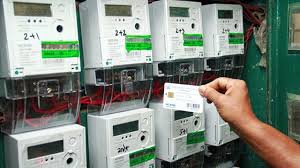
Conditions For the New Tariff Implementation
The NERC while providing a further explanation about the new tariff review, said those affected can petition for a downgrade if the DisCos fail to provide power for 20 hours. It specifically mandated DisCos to issue a public notice and remediation plan the next day, if a feeder does not receive 20-hour service for two consecutive days and when it reaches seven consecutive days, the feeder will automatically be downgraded thereby reducing the tariffs payable by the customers.
The Commission further said that it has been given power by the Electricity Act signed into law by President Tinubu in 2023 to properly regulate the electricity sector, adding that part of this means that when there is persistent non-compliance by DisCos it can undertake more punitive interventions to ensure efficiency.
Many Nigerians who have spoken about the development, queried why the authorities increased the electricity tariff without improving the power supply. They equally expressed concerns about the impact on energy costs as an input component of businesses and the implications on consumers who are at the receiving end.
While noting that the tariff adjustment has become inevitable due to the subsidy burden which was becoming unsustainable for the government, CEO of the Centre for the Promotion of Private Enterprise (CPPE), Dr. Muda Yusuf, stated that some fundamental issues need to be addressed in the electricity value chain.
According to Yusuf, they include costs for inefficiencies that consumers are meant to bear, centralized structure of the power supply through the national grid model, the metering gap that brings about estimated billing, and other issues regarding the capacity of electricity distribution companies and the Transmission Company of Nigeria.
READ ALSO:
- List Of 30 Ibadan Electricity ‘Band A’ Areas As New Electricity Tariff Triples For IBEDC Customers
- New Electricity Tariff Hike Will Reduce Subsidy By 40% – NERC
- Electricity Tariff: Minister Pledges Reduction If Exchange Rate Falls Below N1,000/$1
Metering Electricity Consumers
Industry stakeholders have called for drastic measures to bridge the metering gap in the country said to be over seven million.
The Federal Competition and Consumer Protection Commission, Nigerian Society of Engineers, and other industry stakeholders urged NERC to meter ‘all electricity consumers’ within 60 days to avoid being shortchanged by DisCos.
On the argument by NERC and other authorities in the power sector that increasing electricity tariff would help improve revenue collection, Secretary of the Network for Electricity Consumers Advocacy of Nigeria, Uket Obonga, however, believes that tariff hike is not the antidote to the challenges of liquidity in the sector. According to Obonga, the authorities in the electricity sector can only increase revenue collection and boost liquidity by bridging the metering gap in the country.
He said: “Tariff increase whether you call it cost reflective tariff or what, is not the silver bullet that is needed at the moment.
“We have a huge metering gap. Metering is the only way of assuring revenue increase in the electricity business.”
Obonga contended that if there was no metering gap, the Federal Government would not have been spending huge sums of money on electricity subsidies due to revenue shortfalls.
.
Victor Ezeja is a passionate journalist with six years of experience writing on economy, politics and energy. He holds a Masters degree in Mass Communication.

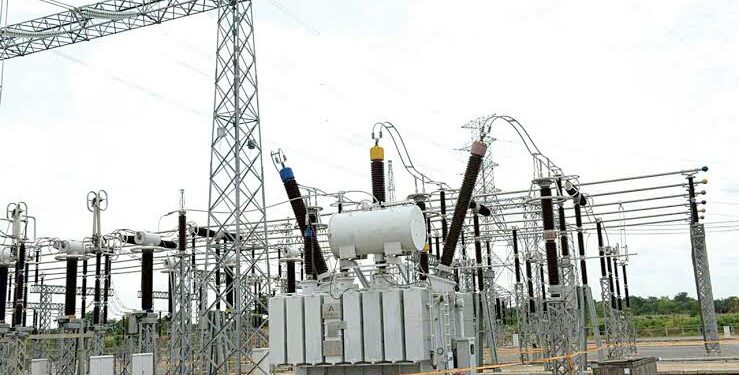



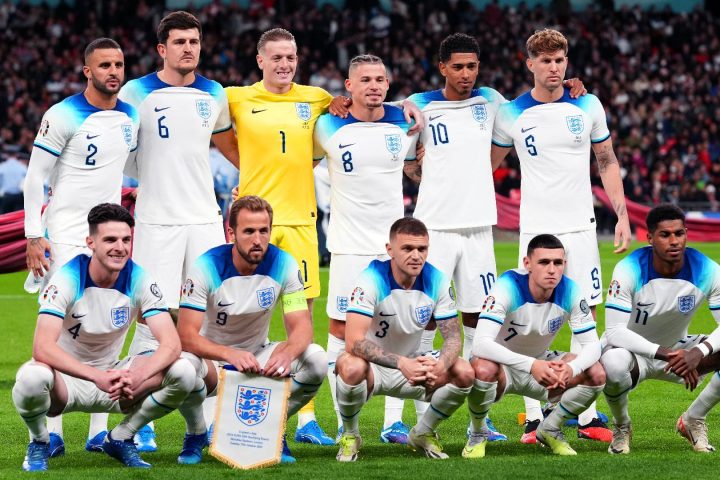
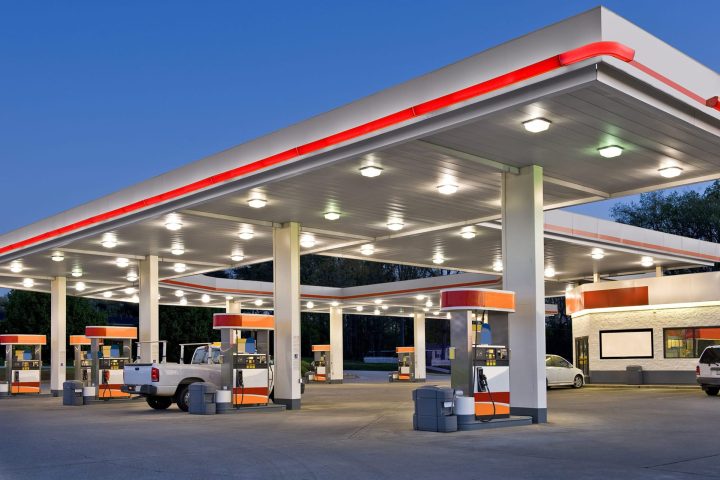

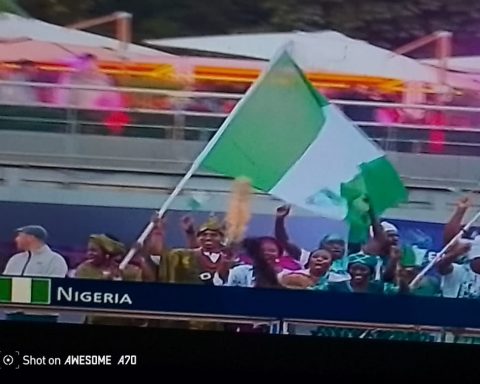
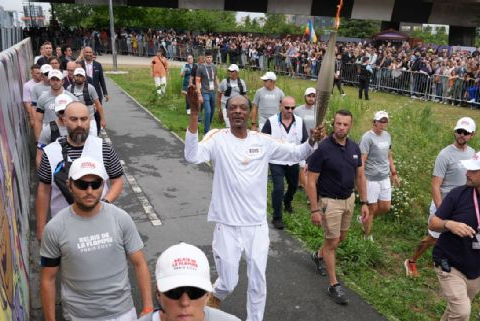

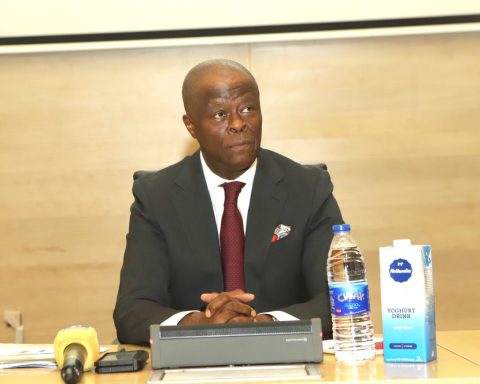






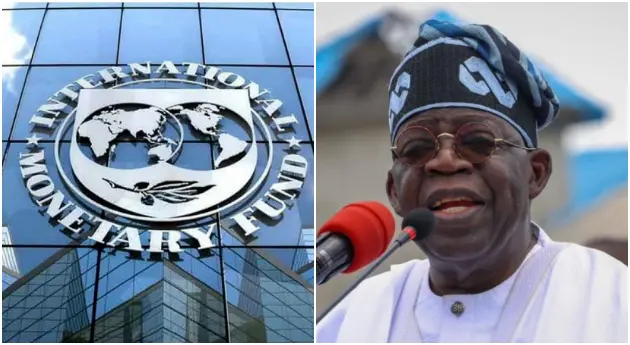
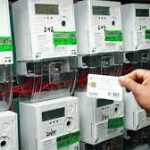
Follow Us